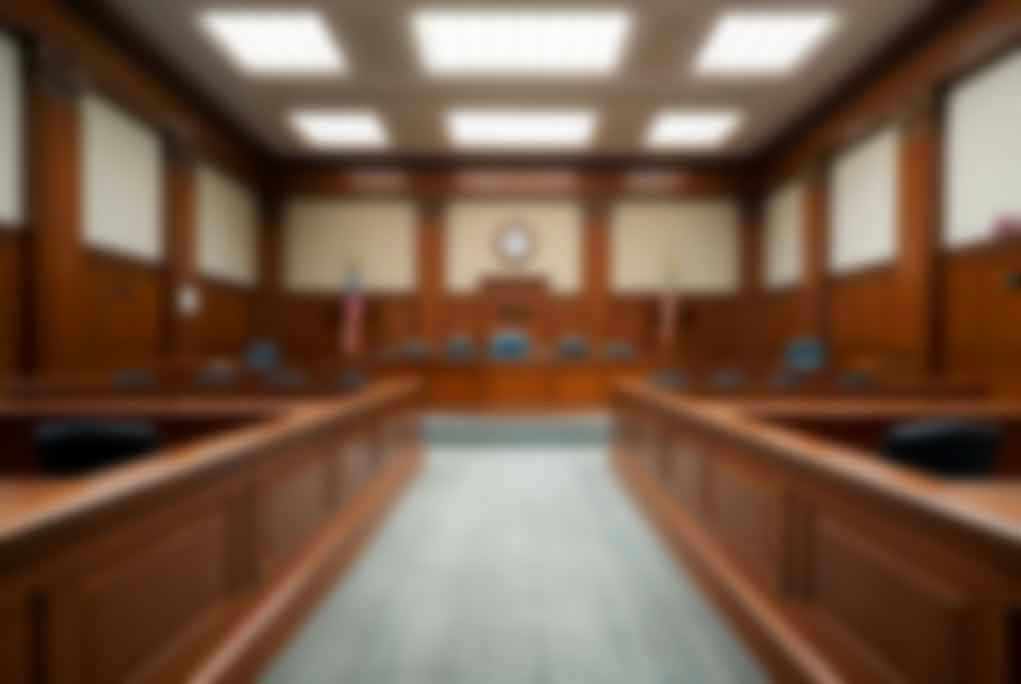
With the Department of Justice pushing to unseal grand jury testimony from the notorious Epstein case, Ghislaine Maxwell’s legal battle now stands at the crossroads of public outrage and the enduring constitutional principle of grand jury secrecy.
Story Snapshot
- Maxwell’s attorneys formally oppose the DOJ’s move to unseal grand jury testimony, citing due process and ongoing appeals.
- The court must weigh intense public demand for transparency against longstanding protections of grand jury secrecy.
- The judge has requested input from both Maxwell’s legal team and Epstein’s victims, with no decision yet issued.
- This case could set a precedent for balancing transparency with defendant rights in high-profile investigations.
Maxwell’s Legal Team Fights DOJ Push for Transparency
Ghislaine Maxwell, the only Epstein associate convicted and currently serving a 20-year prison sentence for sex trafficking, has mounted a vigorous legal opposition to the Department of Justice’s recent motion to unseal grand jury testimony related to the Epstein investigation. Her attorneys contend that unsealing these confidential records would violate Maxwell’s due process rights and the foundational principle of grand jury secrecy, especially as her appeals process remains active. The judge presiding over the case has requested formal input from both Maxwell’s legal team and Epstein’s victims, underscoring the gravity and complexity of the decision at hand.
This legal standoff comes amid widespread public frustration and skepticism about the justice system’s ability to hold elite offenders accountable. The Epstein-Maxwell case has remained at the center of media scrutiny and conspiracy theories, magnified by Maxwell’s unique position as the only convicted member of Epstein’s inner circle. Demands for transparency have intensified, with victims and the public pressing for the release of client lists and grand jury materials. However, Maxwell’s defense argues that releasing such testimony would set a dangerous precedent, potentially compromising her legal rights while appeals are ongoing and undermining the very safeguards that protect all Americans from government overreach.
Historical Context: Secrecy Versus Public Interest
The tension between demands for transparency and the tradition of grand jury secrecy is not new in American legal history. Courts have typically upheld strict confidentiality for grand jury proceedings, except in extraordinary cases where overwhelming public interest justifies a breach. Notable exceptions, such as Watergate and the Mueller investigation, required compelling justification and careful judicial review. In Maxwell’s case, the DOJ’s motion to unseal testimony is driven in part by persistent public outcry, but legal experts point out that the rights of a living defendant—especially one actively appealing her conviction—are strongly protected under current law. The outcome of this case could influence how future high-profile investigations handle confidential testimony and the rights of defendants under public scrutiny.
The legal debate is further complicated by Epstein’s controversial 2008 non-prosecution agreement, which shielded him and unnamed associates from federal charges. Maxwell’s conviction in 2020 shifted the spotlight, and ongoing calls for accountability have only grown louder. The current judicial review will determine whether the public’s right to know outweighs protections enshrined in the justice system, with significant implications for due process and legal precedent.
Stakeholders and Broader Impact
Key players in the unfolding battle include Maxwell and her legal team, the DOJ, Epstein’s victims, and the federal judiciary. While the DOJ seeks to address public mistrust and demands for transparency, Maxwell’s attorneys remain focused on defending her constitutional rights. Victims’ advocates argue that unsealing testimony is essential for accountability, while defense attorneys and civil liberties groups warn that eroding grand jury protections could harm defendants in future cases. The federal judiciary holds the ultimate authority, tasked with balancing these competing interests in a highly politicized and publicized environment. The case also carries broader implications for how the media reports on sealed legal matters and how the public perceives justice when elite figures are involved.
Legal experts widely agree that grand jury secrecy is a critical bulwark against government abuse and media-driven witch hunts. However, the unique circumstances of the Epstein-Maxwell saga, including the unresolved questions and intense public scrutiny, present a genuine test of American legal traditions. Should the court decide to unseal the grand jury materials, it will mark a significant departure from precedent—one that could ripple through future high-profile prosecutions and reshape the boundaries of transparency and defendant protections in the United States.
No final ruling has been issued as of August 6, 2025, but all sides are preparing for a decision that may profoundly affect both the legal landscape and the public’s trust in the justice system. As the country continues to grapple with the fallout of elite misconduct and demands for accountability, the Maxwell-DOJ battle serves as a crucial bellwether for how America will balance constitutional rights with calls for transparency in the years ahead.
Sources:
TRT Global: Ghislaine Maxwell Opposes DOJ Request to Unseal Epstein Grand Jury Testimony
CBS News: Ghislaine Maxwell’s attorneys argue against unsealing grand jury testimony




